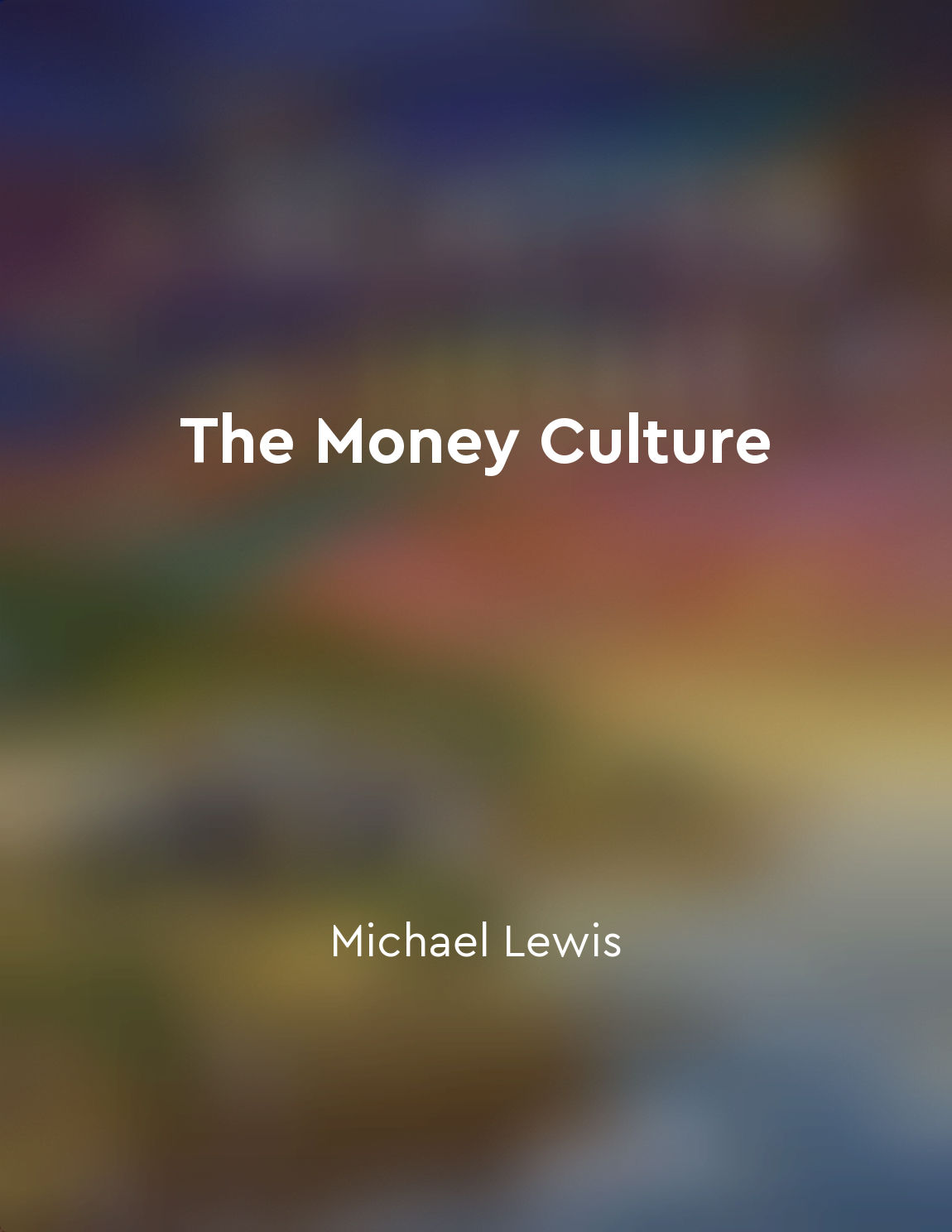Executive bonuses amidst chaos from "summary" of Too Big to Fail by Andrew Ross Sorkin
The idea of executives receiving bonuses while their companies were on the brink of collapse may seem outrageous to the average person, but in the world of high finance, it is not uncommon. In the midst of chaos, when panic is setting in and employees are being laid off left and right, top executives somehow manage to justify receiving millions of dollars in bonuses. This disconnect between the reality on the ground and the actions of those at the top can be difficult to comprehend. The rationale behind these bonuses often lies in the belief that top talent must be rewarded in order to retain them. In the cutthroat world of investment banking, where competitors are always ready to poach top performers, firms feel the need to offer lucrative incentives to keep their star players from jumping ship. This mentality is pervasive in the industry, leading executives to expect substantial bonuses regardless of the overall performance of their companies. Furthermore, there is often a sense of entitlement among executives at these firms. After years of hard work and dedication, they feel that they have earned these bonuses, regardless of the circumstances. This sense of entitlement can bl...Similar Posts

Excessive leverage leads to economic collapse
Excessive leverage is like a drug that lulls investors into a false sense of security. It tricks them into believing that they ...

The aftermath of the crisis devastated countless lives
The financial crisis left a trail of destruction in its wake, wreaking havoc on the lives of many unsuspecting individuals. Fam...
Discrepancy between real and perceived value triggers crashes
The discrepancy between real and perceived value can trigger crashes in financial markets. This occurs when investors' percepti...
The enduring legacy of the 2008 financial crisis
The effects of the 2008 financial crisis have been long-lasting and far-reaching, leaving an indelible mark on the global econo...
Uncertainty and speculation are inherent features of financial markets
To claim that uncertainty and speculation are intrinsic components of financial markets is hardly earth-shattering news. It is ...
CEO meetings with government officials
In the midst of the financial crisis, top executives from the largest banks found themselves shuttling back and forth between t...

Bias and misinformation shape investment decisions
In the world of investing, decisions are not always made on a purely rational basis. Bias and misinformation can play a signifi...
Public anger towards the banks
The public's anger towards the banks was palpable in the wake of the financial crisis. People across the country felt a deep se...
Financial crises impact labor stability
In times of financial crises, labor stability is often put at risk as companies struggle to maintain profitability and stay afl...
